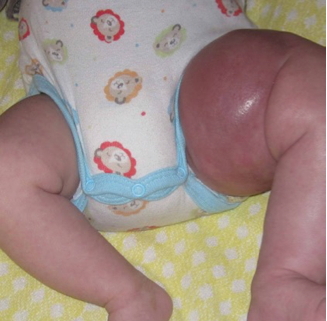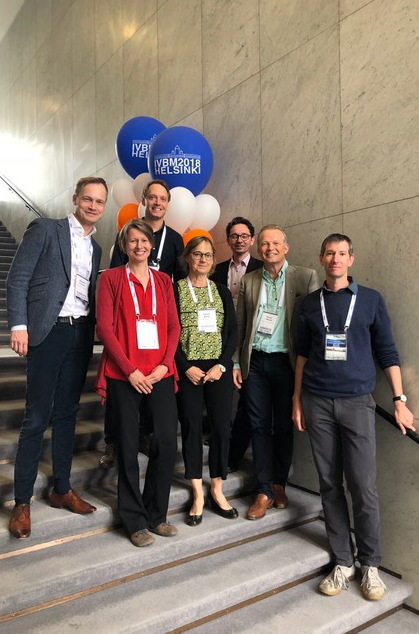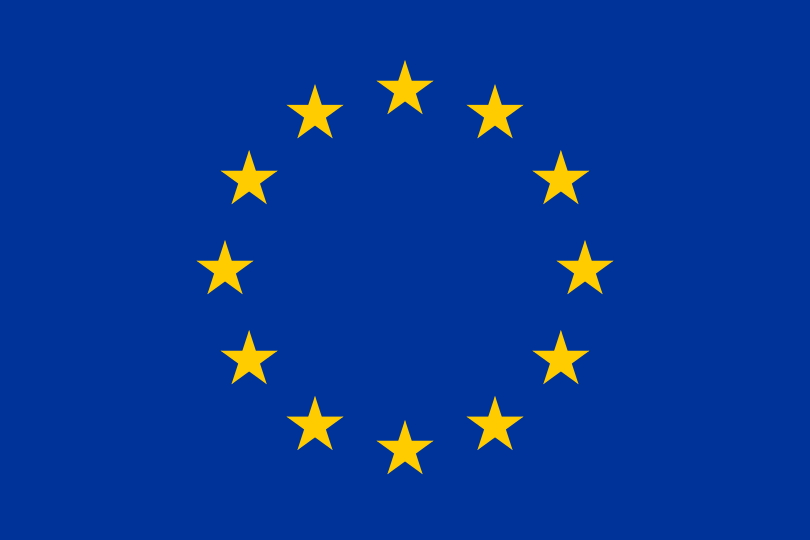Vascular anomalies are a group of vascular diseases, characterized by an abnormal development of blood or lymphatic vessels. Symptoms are present at birth or appear in early childhood, with a severity ranging from mild to life-threatening. Regularly, no cure exists and many patients need life-long clinical management. Treatment success is often partial, leaving patients with chronic pain, dysfunction and lowered quality of life.
The V.A. Cure network will study in depth the genetic mutations and signalling pathways involved in vascular anomalies, using techniques such as next-generation sequencing (up to single-cell RNA-Seq), CRISPR-Cas genome editing, generation of in vivo models with inducible gene modifications and mosaic analyses, generation of iPSCs,
in vivo phage display to identify endothelial targets, and advanced imaging and microfluidics. By combining these cutting-edge technologies, the network aims to deliver novel therapeutic targets and molecules for the modulation of implicated signalling pathways. While pursuing this research, the network will coach 14 PhD students in diverse aspects of molecular, cellular and developmental biology, including ethical issues and development of communication and business skills. The students will have numerous international contacts, inside and outside academia, with the participation of diverse partners like the patient association VASCAPA.
The comprehensive approach is possible thanks to the participation of seven academic partners (de Duve Institute (Belgium), Uppsala University (Sweden), Max Planck Institute for Heart and Lung Research (Germany), Karolinska Institute (Sweden), University of Potsdam (Germany), University of Oulu (Finland) and INSERM (France)) and two companies, AstraZeneca (Sweden) and FinnAdvance (Finland). The network, which starts in March 2019, will also benefit from the support of CUSL’s clinical Center of Vascular Anomalies (Belgium), the companies Olink Bioscience (Sweden), Sysmex Inostics (Germany), Perimed (Sweden), LLS Rowiak LaserLabSolutions (Germany) and Bayer AG (Germany), the Finnish Centre for Alternative Methods (University of Tampere, Finland) and the vascular anomaly patient association VASCAPA (Belgium).
“This is a fantastic opportunity for our network to recruit young scientists to the field of vascular biology and the study of vascular anomalies. Vascular anomalies have been neglected for a long time, yet our earlier research has opened doors for better understanding and development of precisions therapies. As blood and lymphatic vessels are implicated in various diseases, we expect the data produced by this network also to be applicable in many other areas of vascular biology and vascular diseases,” says project coordinator Prof. Miikka Vikkula of the de Duve Institute, UCL, Brussels, Belgium.

A child with a kaposiform hemangioendothelioma.

 This project received funding from the European Union's Horizon 2020 research and innovation programme under the Marie Sklodowska-Curie grant agreement No 814316.
This project received funding from the European Union's Horizon 2020 research and innovation programme under the Marie Sklodowska-Curie grant agreement No 814316.